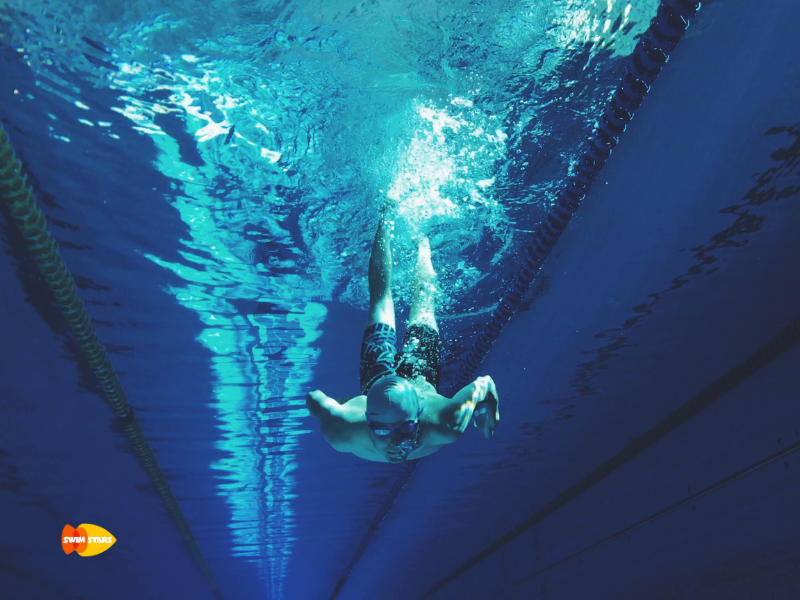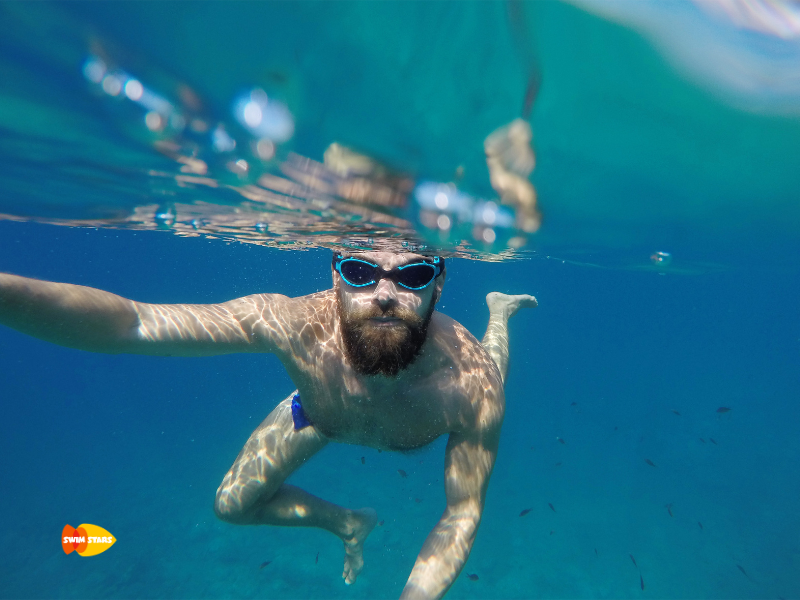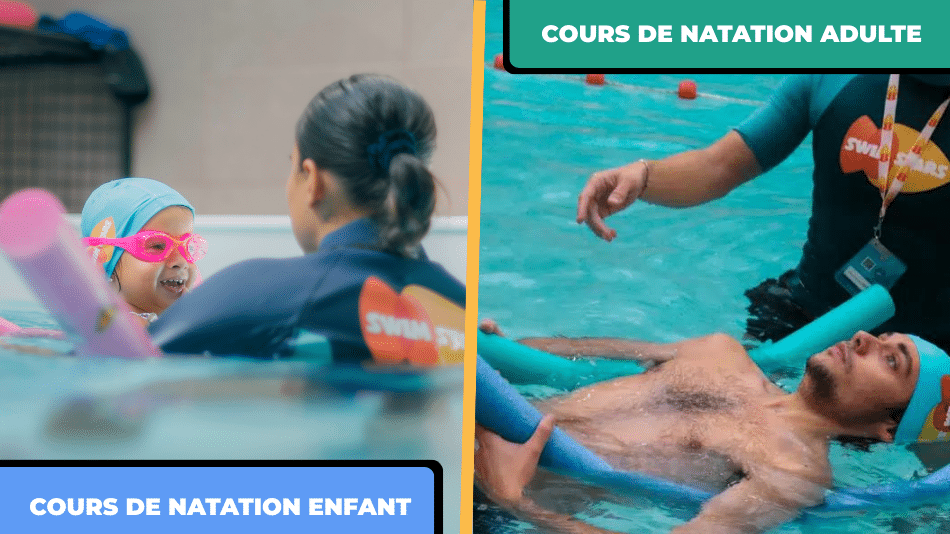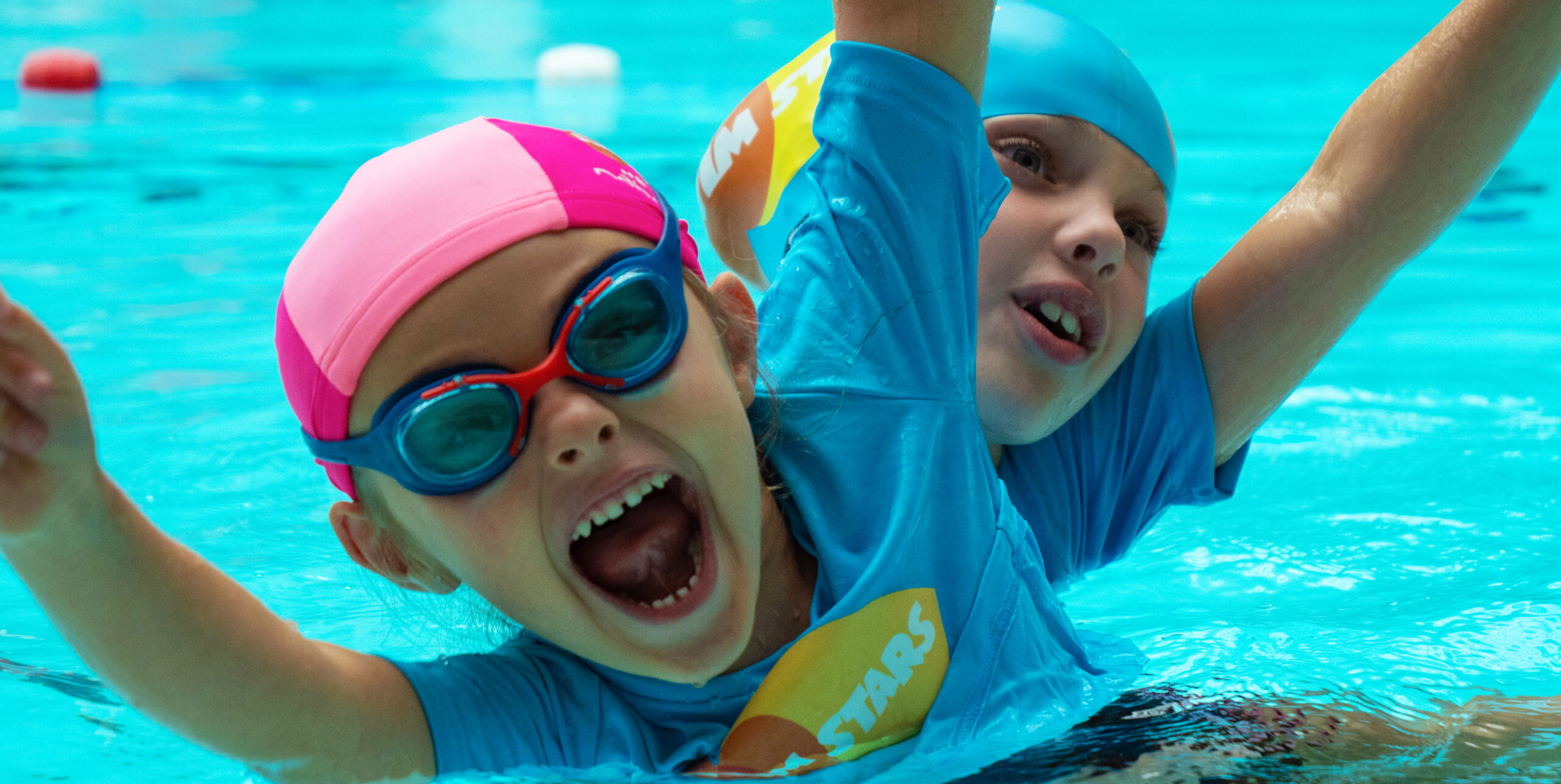👉 What is the anti-drowning program?
1. Understand the physiology of your ability to hold your breath
Breath-holding is a common practice in many sports and physical activities. However, it is important to understand the underlying physiology of this ability before putting it into practice.
Did you know that our breathing is regulated by the concentration of carbon dioxide in our blood ? By holding our breath, we trigger a stress response in our body, which can lead to unpleasant sensations. When you hold your breath, different parts of your body work together. The diaphragm keeps air in and out. Signals are then sent to the cardiovascular system to ensure that organs receive sufficient oxygen by increasing blood pressure and heart rate.
2. Practice breathing exercises
👉 4 simple exercises to improve cardio and breathing
3. Strengthening activities
Specific muscle-strengthening activities targeting the muscles used for breathing are essential. Controlling these muscles not only improves respiratory capacity, but also optimizes physical performance. The muscles targeted by these exercises include the intercostal muscles, the diaphragm and the pelvic floor muscles. With the right exercises and regular practice, these muscles can be strengthened and made more efficient, leading to significant improvements in endurance, strength and power. For best results, it’s best to train under the professional guidance of a personal trainer or physiotherapist.
4.control anxiety and relax body and mind
Anxiety can be overwhelming and take over our mental and physical well-being. Nevertheless, with the help of visualization techniques, we can regain control and relax our bodies and minds. Using the power of imagination can help us visualize soothing images and create an environment of inner calm. This can be achieved through exercises such as deep breathing, meditation or listening to relaxing music. By integrating these practices into our daily routine, we can gradually learn to tame anxiety and feel more relaxed and balanced.

5. Increase the time spent underwater by taking regular breaks.
If you’re a beginner diver, it’s important to gradually increase the time you spend underwater. This will allow you to acclimatize to the pressure and the underwater environment, while minimizing the risk of injury. To do this, we recommend taking regular breaks and not staying underwater for too long at a time. By taking the time to rest, you can maximize your enjoyment and performance on your next dive. So take your time, pay attention to your body and enjoy every moment underwater.
In conclusion, there are many things we can do to improve our
swimming skills
. Our tips on how to safely increase your skills will help you become a better swimmer and give you the confidence you need in an aquatic environment. If you’d like even more instruction and tips on how to become a better swimmer, consider signing up for the
Swim Stars
. There, experienced instructors will give you professional advice on how to measure your swimming progress. For peace of mind in the knowledge that you can protect yourself by properly controlling your breathing and technique when necessary.
Recent Posts
- How long does it take to learn to swim?
- Swimming lessons in Val d’Europe, a human and friendly experience at Swim Stars
- Swimming lessons in Val d’Europe, Swim Stars offers the cheapest lessons without compromising on quality
- Swimming lessons at Val d’Europe: why warm water changes everything when learning to swim
- Aquagym and pregnancy: the benefits of a gentle activity for expectant mothers



